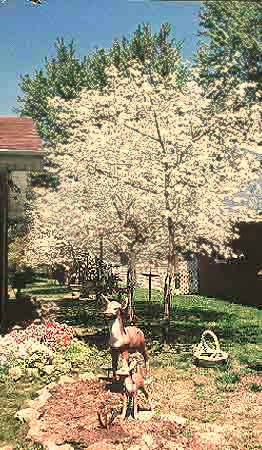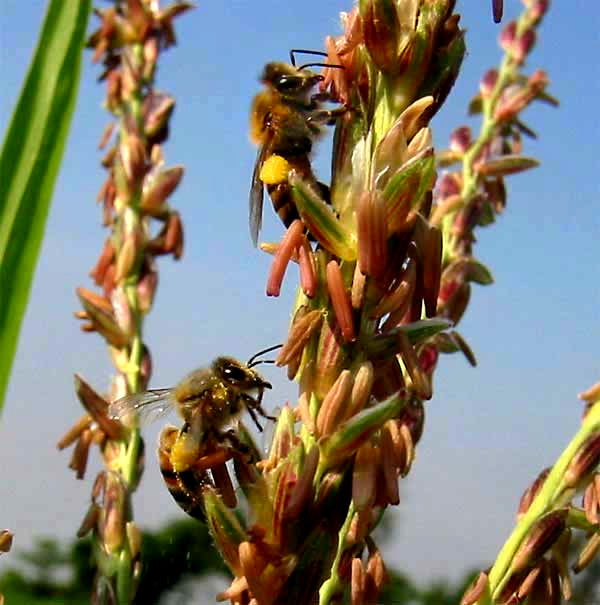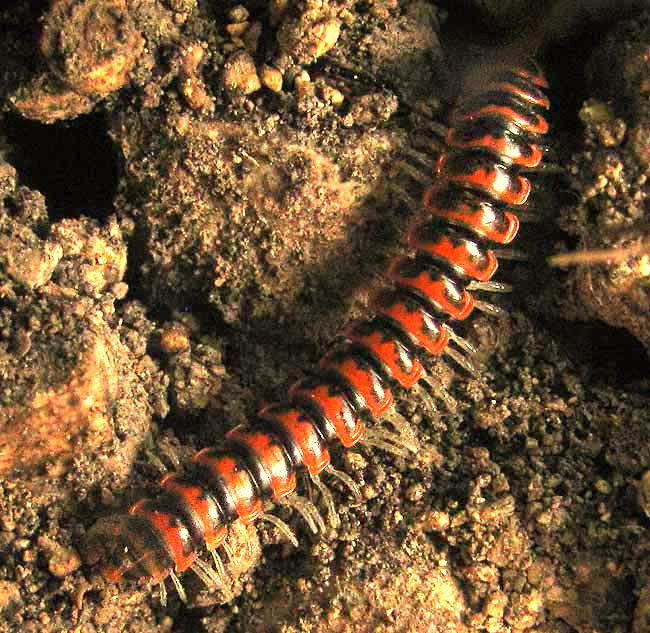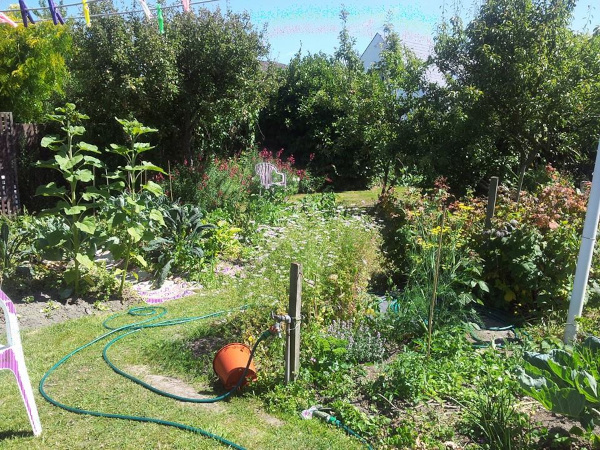 Often we hear people say something like, "Pollution is destroying our ecology." That makes "ecology" sound like the state of health of our natural surroundings. Many biologists would insist that it's wrong to use the word "ecology" like that.
Often we hear people say something like, "Pollution is destroying our ecology." That makes "ecology" sound like the state of health of our natural surroundings. Many biologists would insist that it's wrong to use the word "ecology" like that.
Since the word ends with "-ology," like biology, geology, zoology, etc., it's clear that "ecology" is the study of something. Ecology is the study of how living things and their environment interact with one another.
EXAMPLES OF ECOLOGY
If you want to know how leaf-eating insects affect a tree's growth rate, you'll need to study an aspect of ecology. The same is true if you wonder how spraying insecticides to control mosquitoes affects local frog populations; if you study how weather patterns influence the timing of bird migration, and; if you study how traffic noise from a busy highway affects squirrel nesting habits.

Studying ecology is important. For example, at the left you see honeybees, Apis mellifera, gathering pollen from male flowers in a corn tassel. Maybe you've heard that in many places the honeybee population is collapsing for reasons not understood. If honeybees disappear, will this affect corn production? Answering this question would be a matter of studying the ecological relationships between pollen-gathering honeybees and corn production. One might assume that it won't affect corn production, because corn produces lots of pollen, but who knows?
BACKYARD ECOLOGY

In a typical backyard, if you lie down and poke your nose in the grass, or explore the woodchips strewn beneath a yew hedge, if you're looking closely enough, surely you'll spot many kinds of insects and other arthropods. In moist soil beneath a rock beside the birdbath, maybe you'll find earthworms, centipedes and millipedes, and white strands of webby fungus, all doing fascinating things, and all participating in the nutrient cycles, energy pathways, food pyramids -- the web of life of your backyard. That Eurymerodesmus millipede in the picture: What was it doing in a backyard? First it had to be identified, then the name was looked up on the Internet, and gradually its story came to light. And doing all that detective work was fun, and insightful!
ECOLOGY'S BEGINNING ASSUMPTION
If there is a "beginning assumption" in the field of ecology, perhaps it is this:
HUMANS & ECOLOGY
If there is an insight especially appropriate for backyard ecologists, it is that humans are also animals, and that our human communities are just as dependent on access to clean water, clean air, the fruits of healthy soil, and the joys of open space, as the lowest worm, and the most obscure sprig of crabgrass.
For a fine survey of the web of life in a common backyard compost heap, check out the Web page called Invertebrates of the Compost Pile, sponsored by Cornell University.

